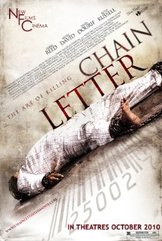
And so I was intrigued by the low-hurdle invitation I received last week to participate in a "one-time collective, constructive, and hopefully uplifting Interfaith devotional exchange". The instructions: send an encouraging text/ verse/ motivational poem/ prayer/ meditation to the name at the top of the list; add your name to the bottom; BCC it forward to 10 others who "would be faithful and make it fun".
I hesitated for just a second over the words "devotional" and "faithful". Childhood experiences with church alienated me from organized religion. Over the years, though, I've come to recognize its language as mirroring much that I know to be true.
The first message to arrive in my in-box, once I pressed the button to advance the chain, offered a translation of its own, an update to the touchstone query "What would Jesus do?" Instead my chain mail benefactor offered the question she asks herself in moments of difficulty: "What would love do?"
It reminded me of an exchange I'd had with my aunt, the Reverend Madeline Jervis, among the first women ordained by the Presbyterian Church. Why in the world, I wondered in my self-righteous twenties, did she want to serve an institution that I saw as oppressive? Her answer stunned me in its simplicity. "To spread the Good Word." And what is the Good Word? I asked in response. "God is love," she said. "God is love."
In fact, I picked my contribution to the chain from another unconventional messenger who took word of Jah Love to a hallucinogenic high, Bob Marley: "Emancipate yourself from mental slavery; non but yourself can free your mind."
I loved getting glimpses throughout the week of the words used by others, breadcrumbs connecting them to the sacred. And I witnessed the power of the Good Word - absent any mention of god, God, or religion - when I shared a video meditation with nearly 300 people at an organizational event on Friday. Before digging in to the kind of left brain analysis common to staff retreats, we opened the day with these words by Brother David Steindl-Rast, a Benedictine monk, and a young girl who suggests going deeper in to "see beautifuller things".


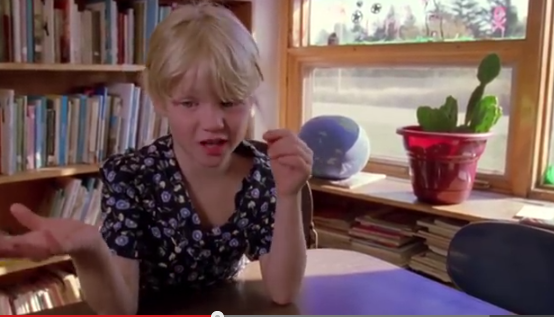


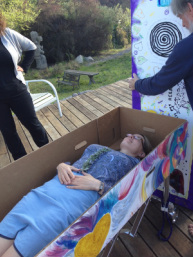

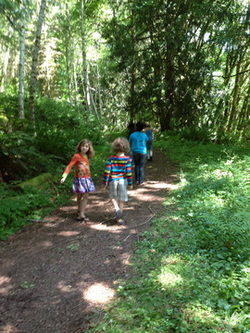
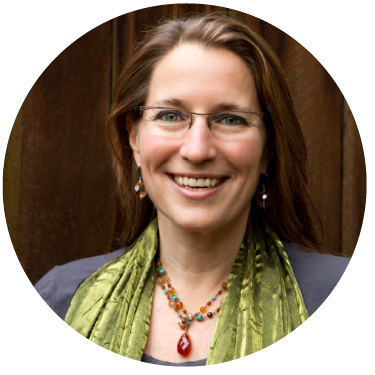
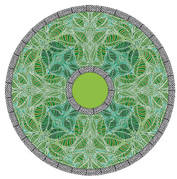
 RSS Feed
RSS Feed